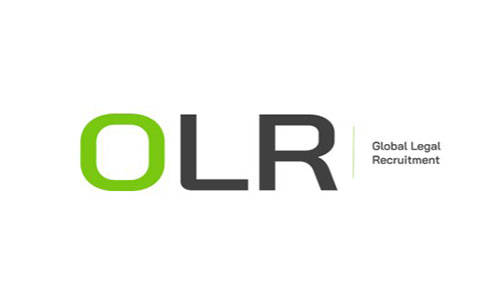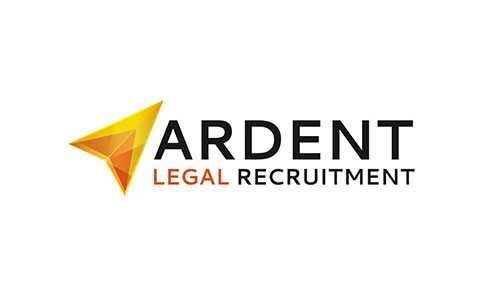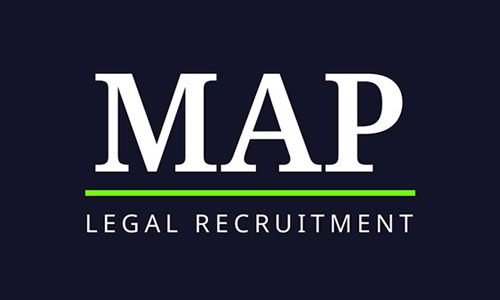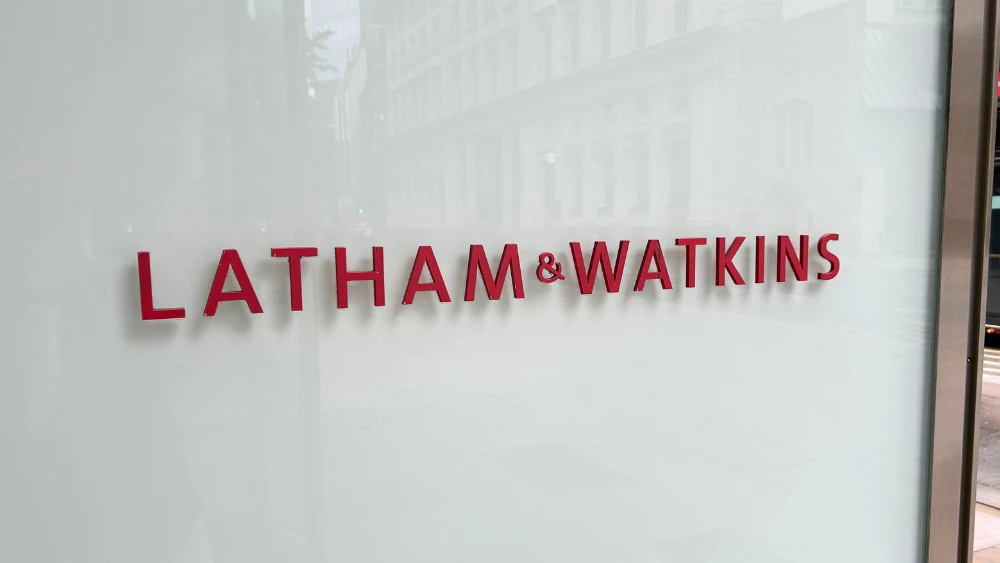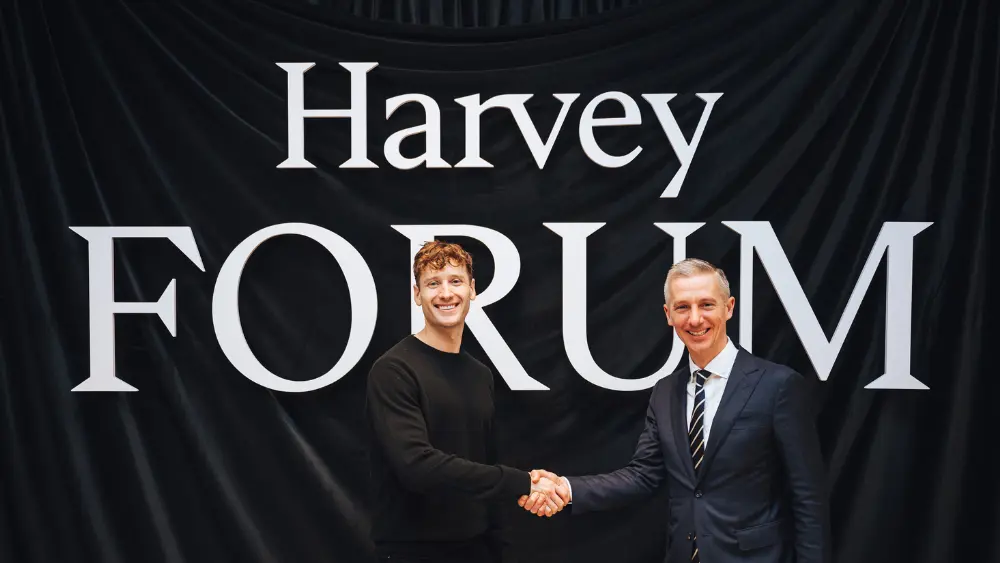
I went along to LegalTech Talk, Europe’s biggest legal tech conference, last week and it felt like a good moment to share some thoughts on where the industry seems to be heading.
Harvey vs Legora
Much of the conversation naturally came back to the two main players everyone’s watching: Harvey and Legora.
For anyone less familiar, both have built general legal AI platforms for lawyers, offering a swiss army knife of tools for the most common legal tasks: drafting, research, contract review, bulk document review, and all the workflow automation that comes with it. Both integrate with document management systems (e.g. iManage) and they also integrate directly into Word, which is where lawyers spend most of their time.
Harvey’s stand had the aura you’d expect from a US startup that’s raised more than $700 million and now carries a $5 billion valuation. Based on what’s been reported, Harvey’s ARR (annual recurring revenue) is somewhere between $75 million and $90 million, putting its valuation multiple at roughly 55-66x. Even in the AI hype-fuelled market, that’s very high.
European rival Legora was also out in force. Their numbers are harder to pin down, but based on what I could gather and the $675 million valuation in their recent Series B round, the multiple is likely not far off Harvey's.
In short, investors are piling into legal tech right now and clearly see a huge addressable market.
As for the tech itself, it's seriously impressive when you see it in action. The bulk document review and analysis functionality of Legora (which I had a chance to demo), for example, can save days, if not weeks, of time compared to a team of paralegals manually reviewing thousands of agreements. It's literally transformative.
The tools that caught my eye
Beyond the big platforms, a few products stood out because they seemed to tackle quite specific problems that lawyers deal with every day.
Redlining emails
One was a new email redline tool from Melbourne-based Draftable. Essentially, it lets you mark up emails in Outlook (without leaving your inbox) as though they were Word documents. The other party can see the changes and choose to accept them or not. If you’ve ever dealt with partners directly editing your draft emails to clients and then replying (or worse, giving you a marked-up hard copy), you’ll see why this has real potential to save time and confusion.
AI time recording
I also looked at the latest AI timekeeping tools. Laurel and PointOne, both US-based, had stands. They use AI to automatically track what you’re working on and generate time entries accordingly. No more starting and stopping timers when switching between tasks.
Laurel seems a step ahead - it raised a $100 million Series C round in June and has been around longer (it was part of Mishcon de Reya’s tech incubator programme in 2017 - then known as Time by Ping). PointOne is newer, coming out of Y Combinator (and was, incidentally, part of the same cohort as Legora founder Max Junestrand).
If these tools really can get automated time capture right, they’ll help firms bill more accurately, price fixed-fee work better and understand how lawyers’ time is actually being spent. All of that is a key focus of the finance and operations function of every law firm and should add a ton of value.
There are some incumbents to beat in the UK market e.g. London-based BigHand which has its own AI-powered offering (and whose time recording software has been used by major firms for years).
Going in-house
While all of the tools above are primarily targeting law firms as customers, it's worth giving a quick mention to Edinburgh-based Wordsmith.
Wordsmith is focused squarely on AI for in-house teams with a tagline that I thought was the best of any vendor at the show: "Turning legal into a revenue accelerator". Wordsmith uses AI agents to handle legal requests from across the business (sales, HR and so on) that would once have needed an in-house lawyer to step in.
Anyone who's spent time on the business side and wrestled with slow sign-off from legal will appreciate how much of a difference tools like this could make in a large organisation. Juro is doing something similar - see our conversation with founder Richard Mabey (ex-Freshfields associate) on The Non-Billable Podcast for more about that.
Wordsmith is already valued at $100 million after a $25 million Series A round earlier in June.
Final thoughts
What probably struck me most overall was the sense that legal tech seems to be nearing an inflection point. There’s huge enthusiasm but also some uncertainty about which platforms and tools will prove to be sticky over the long run.
Over the next year or so, it sounds like many firms will need to decide which providers they’re willing to fully commit to, or, for those with the option, whether to double down on their own in-house AI tools instead.
For now, though, there’s a lot to be optimistic about and the buzz around the whole event was fantastic.
Join 10,000+ City law professionals who start their day with our newsletter.
The essential read for commercially aware lawyers.

